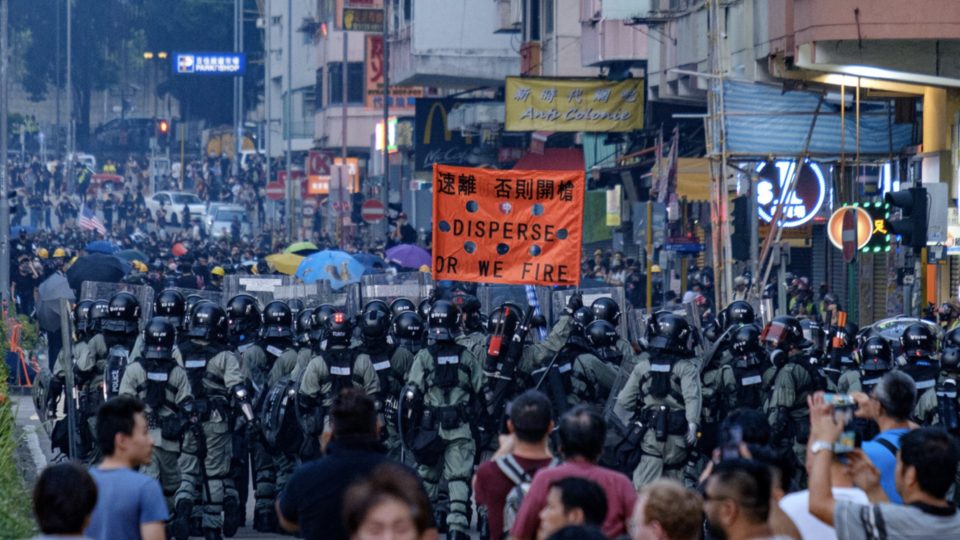An international panel of experts brought in to ensure the credibility of a government watchdog’s investigation of the police’s often heavy-handed approach to the city’s months-long protest movement have stepped down, saying their misgivings about the investigation’s shortcomings were not addressed.
Hongkongers were already skeptical that the Independent Police Complaints Council (IPCC), which is stacked with pro-establishment appointees, was capable of carrying out a truly independent investigation. Since the belated withdrawal of the extradition bill that kicked off the protest movement, calls for a fully independent commission of inquiry into police’s allegedly excessive use of force have emerged as arguably protesters’ chief demand.
The government, however, has refused to entertain the notion, insisting that the IPCC is capable of delivering a fair assessment, something the international experts’ withdrawal is likely to call into further question.
RTHK reports that concerns previously raised by the panel about the IPCC’s methods had not been resolved after a month of talks.
“As a result, the IEP (Independent Expert Panel) has taken the decision to formally stand aside from its role,” the panel said in a statement.
“We ultimately concluded that a crucial shortfall was evident in the powers, capacity and independent investigative capability of IPCC,” the experts said.
In a progress report last month, the panel — composed of foreign experts and academics appointed to advise the IPCC in September — said that an analysis “indicated a shortfall in IPCC powers, capacity, and independent investigative capability necessary to match the scale of events and the standards required of an international police watchdog operating in a society that values freedoms and rights.”
International Experts Panel for Hong Kong Independent Police Complaints Council study into the disturbances concludes a need to substantially enhance IPCC capacity, which if addressed may allow their Thematic Study to provide a compelling case for next steps. pic.twitter.com/mMw4lQiUuU
— Clifford Stott (@cliffordstott) November 9, 2019
It added that in order for the IPCC to deliver even “preliminary conclusions,” it would have to “revise its resources and processes.”
As an investigative body, the IPCC is severely hamstrung by its own limited powers. It cannot summon witnesses, or oblige police to provide evidence, according to the Wall Street Journal. Public complaints about alleged police misconduct — of which there have been at least 1,300 since protests began in earnest in June — must be first filed to the police themselves before being handed over to the IPCC.
Arrests, meanwhile, soared past the 6,000 mark as of this week, according to police, while the Hospital Authority has put the number of those injured in protests above 2,600.
The IPCC enjoys next to no credibility inside the protester camp, and past statements by its members have done nothing to assuage their concerns. In August, the body’s vice chairman, for instance, pooh-poohed concerns that riot officers’ refusal to display their warrant cards — which they are required by law to make available if asked — made it impossible to properly report instances of misconduct.
“Their important work in handling riots is extremely urgent and maintains peace in society,” said Christopher Cheung Wah-fung in a radio interview. “Why should they tell people who they are or what they are doing, to allow people to make a complaint against their behavior, whether it’s reasonable or not?”
Asking riot police worry about possible censure for their actions, he added, was “just not fair.”




